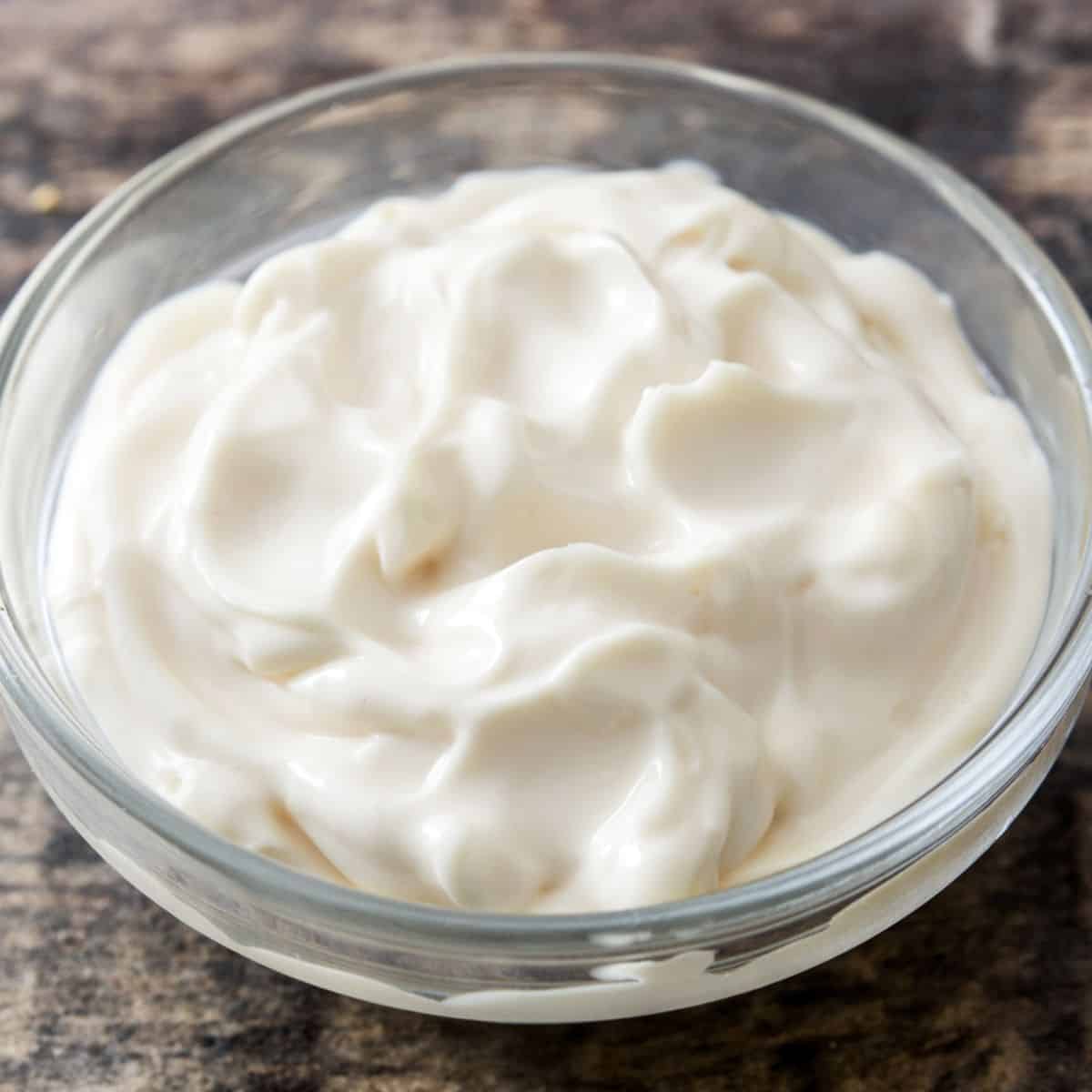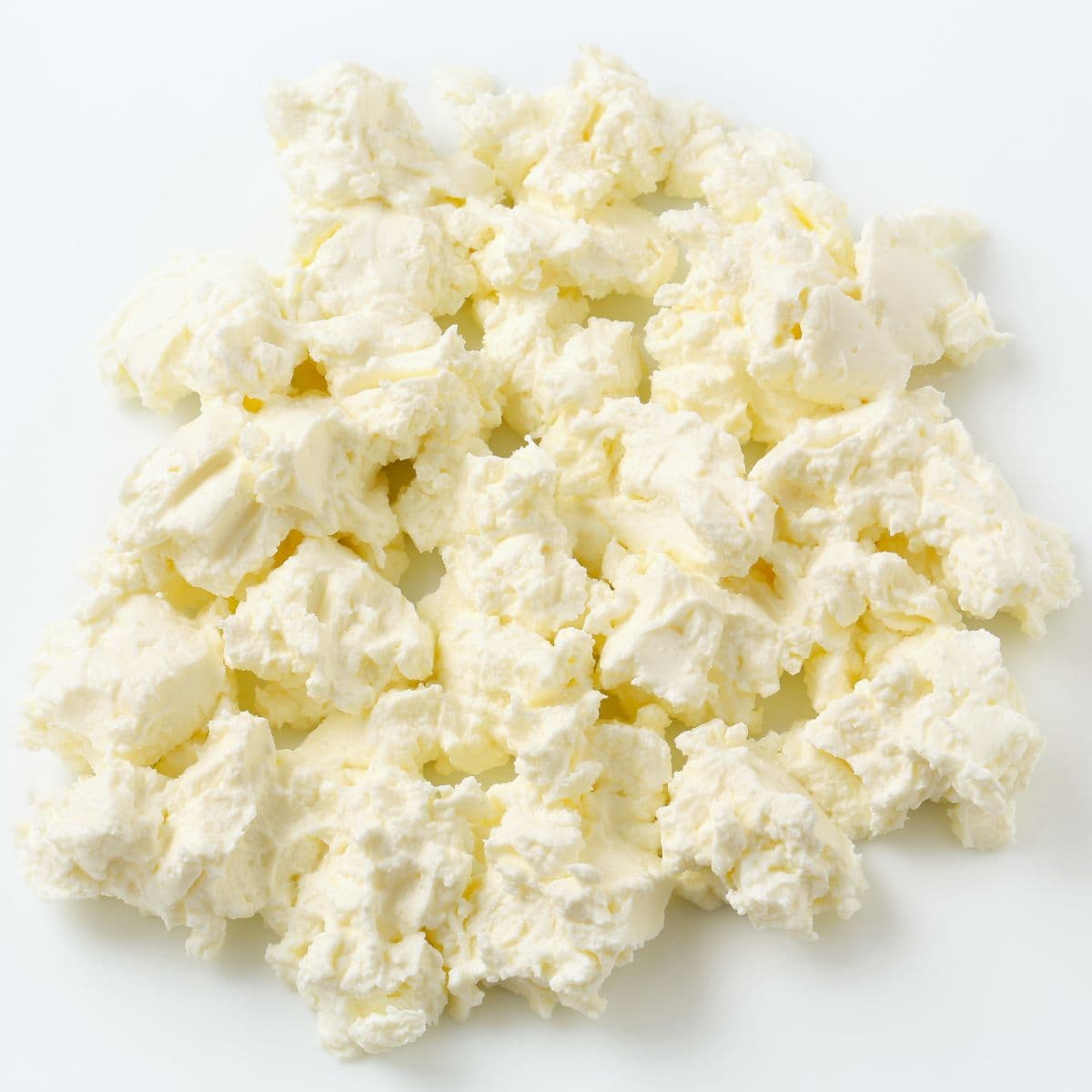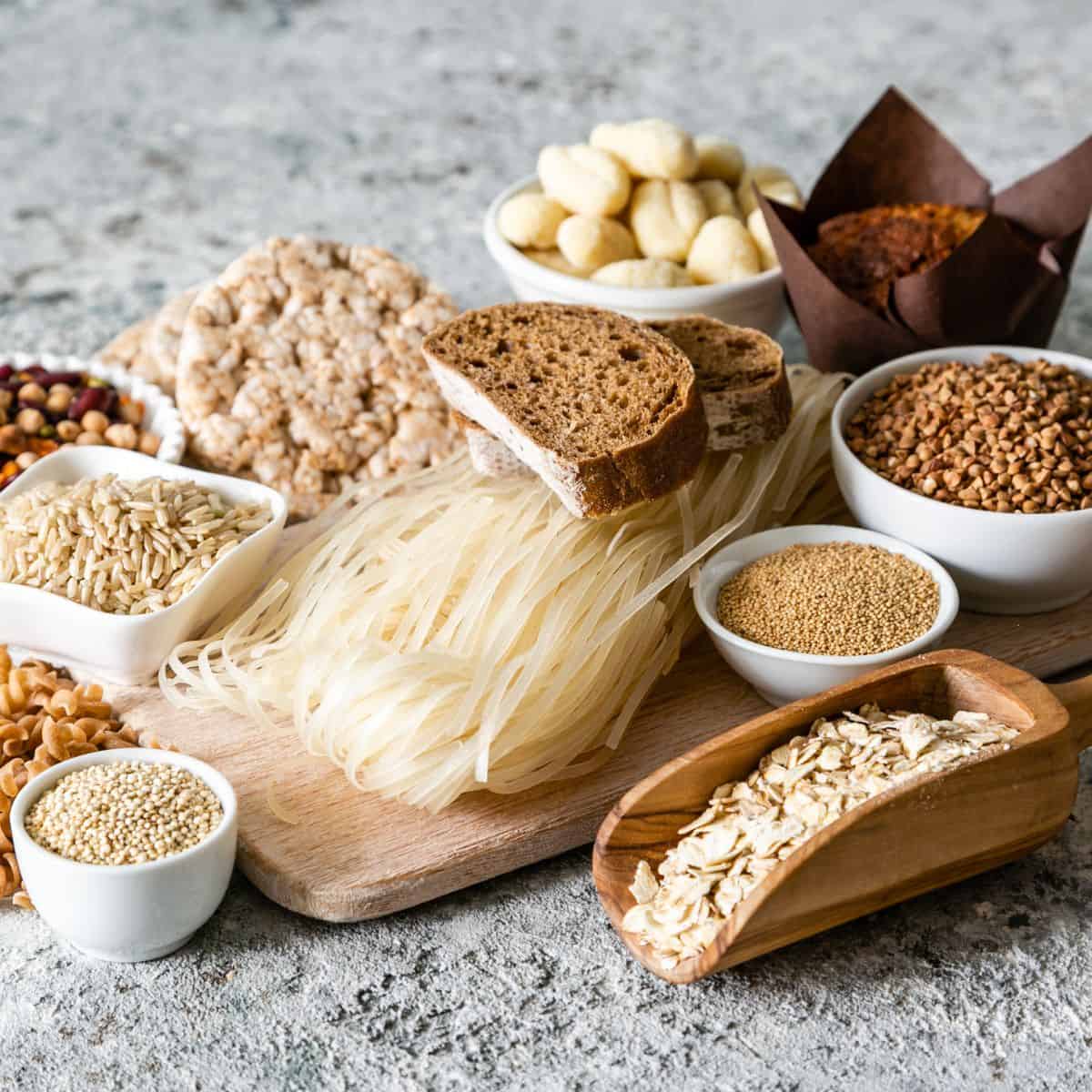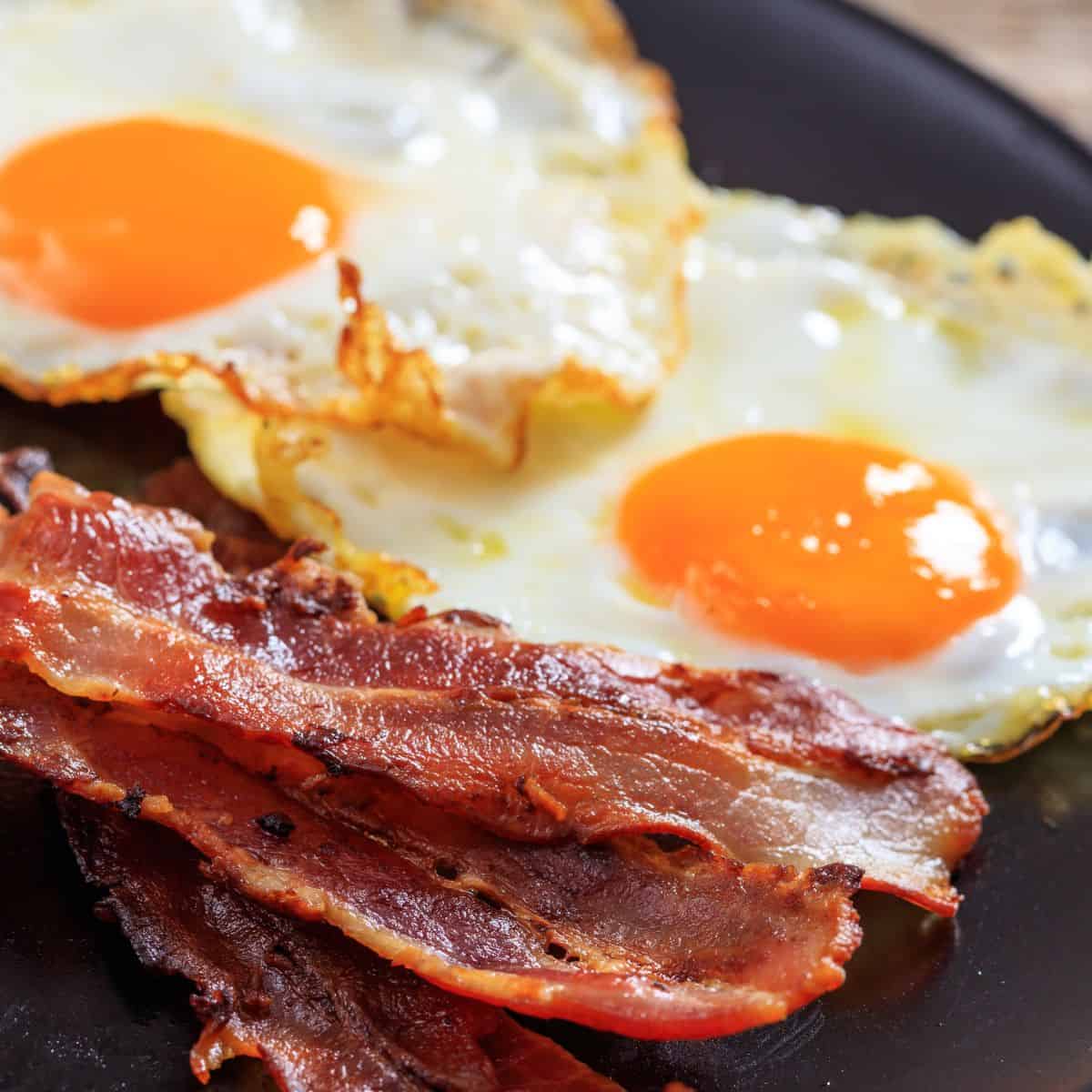Green beans are a popular vegetable often included in meals due to their delicious taste and nutritional benefits. However, for those following a ketogenic diet, it is important to consider whether green beans are keto-friendly.
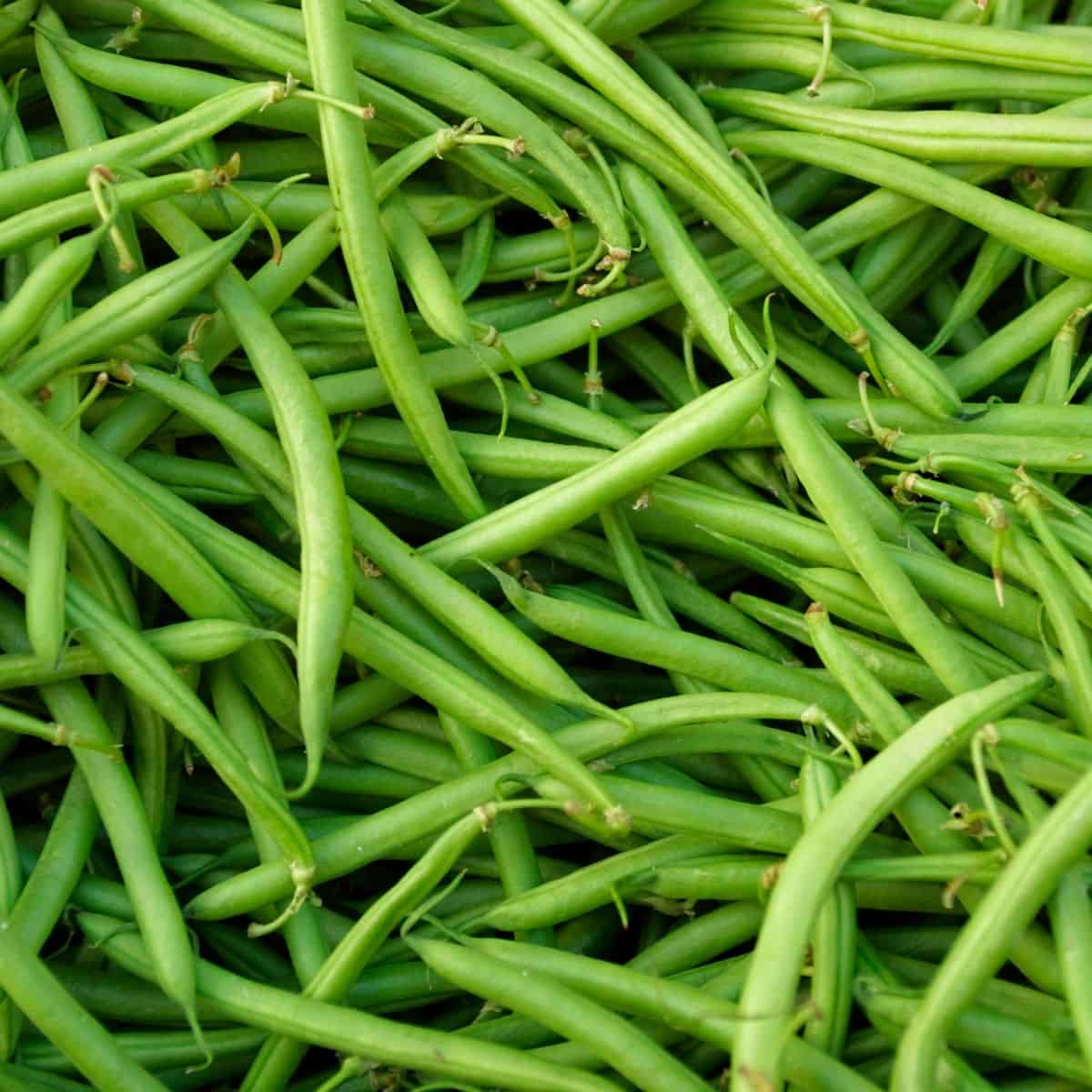
Jump to:
This is because the ketogenic diet is a low-carb, high-fat diet that requires careful monitoring of carbohydrate intake to maintain a state of ketosis. In this article, we will explore the nutritional content of green beans and discuss whether they can be included in a keto diet.
Carbs in Green Beans
One cup of raw green beans (about 100 grams) contains approximately 6 grams of carbohydrates, including 2.7 grams of fiber. This means that the net carbs in green beans are only 3.3 grams per cup. This makes green beans a relatively low-carb vegetable and a suitable addition to a ketogenic diet.
Can Green Beans Be Eaten on a Keto Diet?
Yes, you can eat green beans on a keto diet. As long as you are mindful of your carbohydrate intake and stay within your daily carb limit, green beans can be a healthy and delicious addition to your keto meals. Green beans are a great source of fiber, vitamins, and minerals, making them a nutritious choice for any diet.
Incorporating Green Beans into a Keto Diet
There are many ways to incorporate green beans into a keto diet. Here are a few ideas:
1. Roasted green beans: Toss fresh green beans with olive oil, salt, and pepper, and roast them in the oven until tender and crispy.
2. Green bean salad: Make a salad with green beans, cherry tomatoes, red onion, and feta cheese, dressed with olive oil and lemon juice.
3. Green bean stir-fry: Stir-fry green beans with sliced chicken or beef, garlic, and ginger, and season with soy sauce or coconut aminos.
4. Green bean casserole: Make a keto-friendly version of the classic green bean casserole by using almond flour instead of breadcrumbs and omitting the cream of mushroom soup.
Health Benefits
Green beans are a nutritious vegetable that offers a range of health benefits, including:
1. Rich in nutrients: Green beans are packed with vitamins and minerals, including vitamin C, vitamin K, folate, and potassium.
2. Low in calories: Green beans are a low-calorie food that can help support weight loss goals.
3. High in fiber: Green beans are a good source of dietary fiber, which can help support digestive health and keep you feeling full.
4. May help lower blood sugar: The fiber and antioxidants in green beans may help regulate blood sugar levels and reduce the risk of type 2 diabetes.
5. May support heart health: The nutrients in green beans, including potassium and folate, may help support heart health and reduce the risk of heart disease.
Fresh vs. Frozen
Fresh green beans are generally considered to be of higher quality than frozen ones because they are usually picked and eaten within a shorter timeframe, which means they are fresher and retain more of their nutrients. However, frozen green beans are still a good source of nutrition and can be a convenient option for those who don't have access to fresh green beans or want to save time. Additionally, frozen green beans are often more affordable than fresh ones and can be stored for longer periods without spoiling. When choosing between fresh and frozen green beans, it ultimately comes down to personal preference and convenience.
Conclusion
Green beans are a keto-friendly vegetable that can be incorporated into a low-carb diet. While they do contain some carbohydrates, the majority of their macronutrient profile consists of fiber and protein, making them a great choice for those following a ketogenic lifestyle. Additionally, green beans are rich in vitamins and minerals, providing numerous health benefits beyond their macronutrient content. Ultimately, as with any food, it is important to consider portion sizes and overall daily carbohydrate intake when incorporating green beans into a keto diet.
If you are looking for the best keto meal plans, read more content at Keto Diet Yum. We have keto guides with everything you need to know, including delicious recipes, tips for starting, tips for eating out, and complete meal plans to get you started on your health journey.

